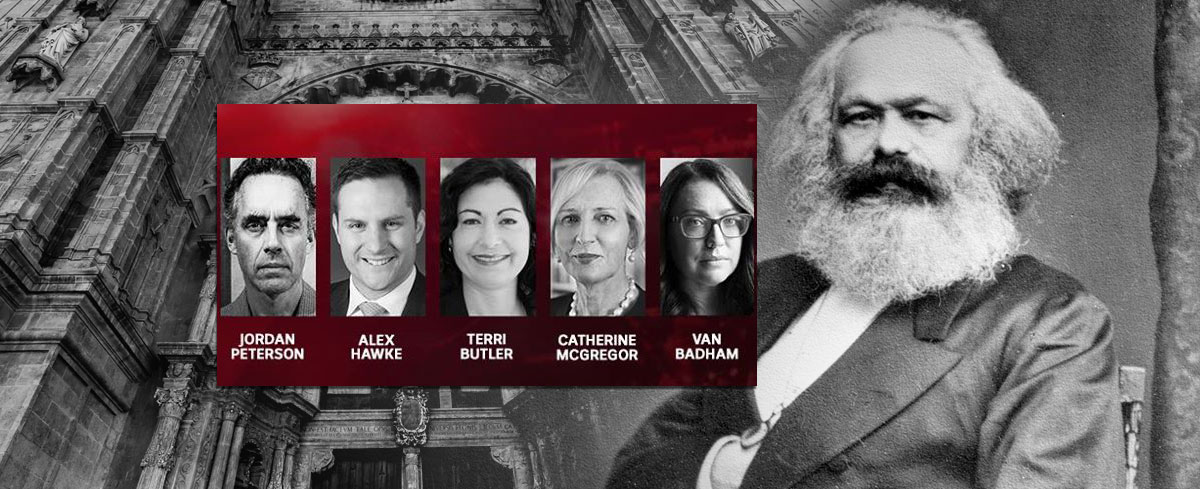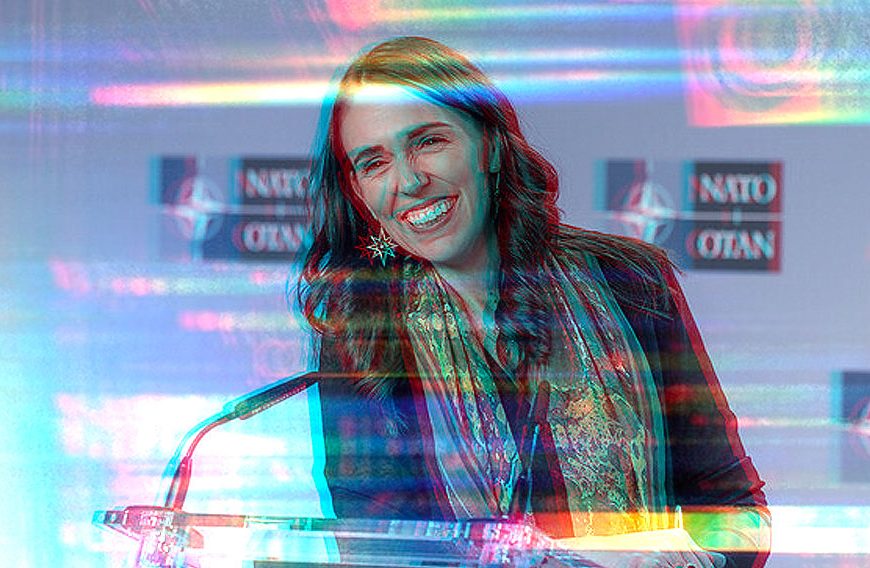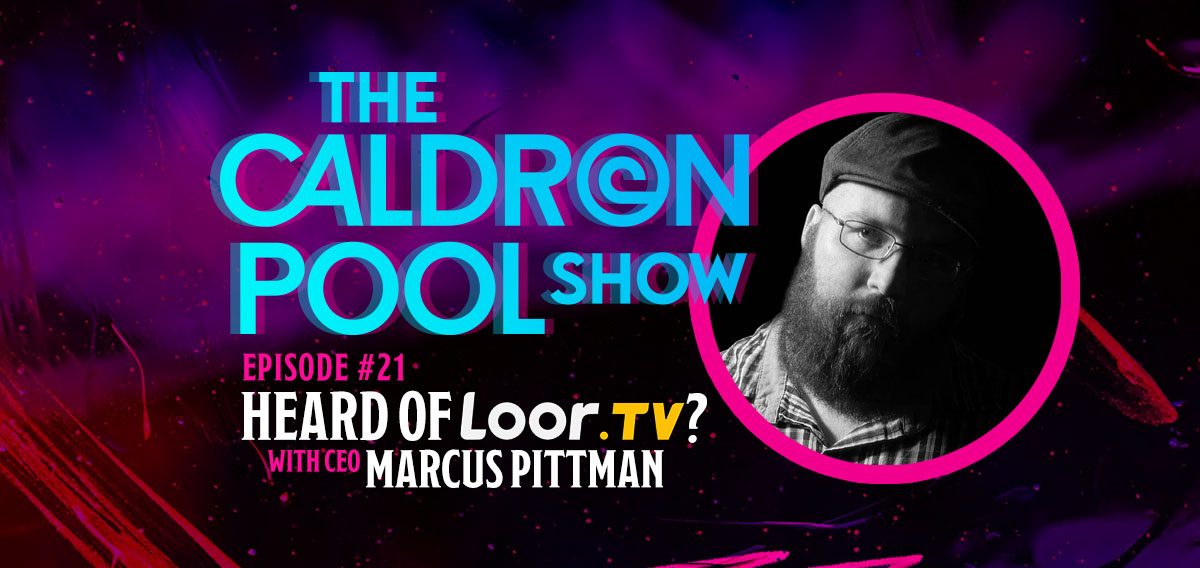During his highly anticipated appearance on the Joe Rogan Experience podcast, Canadian psychologist, Dr Jordon Peterson revealed that he had only recently realized that the Bible is the necessary “precondition for the manifestation of truth.”
Speaking with Rogan, Peterson explained that the “bedrock agreement” of the culture, the structure of category, is the Bible.
Do away with the Bible, the fundamental basis of truth, and the inevitable result is the dissolvment of culture.
Peterson explained:
The more ideas are dependent on a given idea the more fundamental that idea is. That’s a definition of fundamental. So, now imagine you have an aggregation of texts in a civilization—you say, which are the fundamental texts. And the answer is, the text upon which most other texts depend.
And so, you put Shakespeare way in there in English, because so many texts are dependent on Shakespeare’s literary revelations, and Milton would be in that category, and Dante would be in that category, at least in translation. Fundamental authors. Part of the Western canon, not because of the arbitrary dictates of power, but because those texts influenced more other texts.
And then you think, well that is a hierarchy, okay, with the Bible at its base. Which is certainly the case. Now imagine that’s the entire corpus of linguistic production, all things considered. Now, how do you understand that? Literally, how do you understand that?
The answer is, you sample it by listening to stories and listening to people talk. You sample that whole domain, you build a low resolution representation of that inside you and then you listen and see through that.
So, it isn’t that the Bible is true, it’s that the Bible is the precondition for the manifestation of truth. Which makes it way more true than just true. It’s a whole different kind of true.
And I think this is not only literally the case, factually, I think it can’t be any other way. It’s the only way we can solve the problem of perception.
Fundamental to the Bible is the idea that the basis of all truth is the right acknowledgment of the one true God.
Hence, we’re repeatedly told, “The fear of the LORD is the beginning of wisdom and knowledge” (Ps. 111:10; Prov. 9:10). And, “The fear of the LORD is the beginning of knowledge” (Prov. 1:7).
It was this truth that Dutch-American theologian Cornelius Van Til expounded on when he famously said, “The only proof for the existence of God is that without God you could not prove anything.”
This is because, as Peterson rightly said, the Bible is the necessary precondition for the manifestation of truth. The implications of this are not just broad, but all encompassing. They don’t just relate to culture, but every aspect of human existence.
Van Til explained:
If one does not make human knowledge wholly dependent upon the original self-knowledge and consequent revelation of God to man, then man will have to seek knowledge within himself as the final reference point.
Then he will have to seek an exhaustive understanding of reality. He will have to hold that if he cannot attain to such an exhaustive understanding of reality he has no true knowledge of anything at all.
Either man must then know everything or he knows nothing. This is the dilemma that confronts every form of non-Christian epistemology…
If the God of Christianity exists, the evidence for his existence is abundant and plain so that it is both unscientific and sinful not to believe Him.
Cornelius Van Til, A Christian Theory of Knowledge (Nutley, NJ: Presbyterian & Reformed, 1969), 17
Take, for instance, the principle of uniformity. We all assume the uniformity of nature, but on what basis? Has humanity investigated every single aspect of the universe, from the smallest atomic particles to the farthest-flung galaxies and beyond?
Do we have exhaustive knowledge of every particle of matter, every moment in time, every movement in space? Even if we did, there remains another unavoidable problem: every attempt to prove the principle of uniformity requires circular reasoning.
In order to prove uniformity, one must first presuppose both the uniformity and validity of one’s own personal experiences. But, since we cannot know everything, we’re forced to presuppose uniformity, and then think and act upon that assumption.
Consequently, the principle of uniformity is not so much a scientific law as it is an act of faith and a prior commitment that undergirds scientific laws. It is a necessary precondition for intelligibility. But without God, what basis do we have for assuming anything to be true?
We are therefore left with only three options before us: (1) We know everything; (2) We do not know anything; (3) We have revelation from someone who does know everything, namely, the Bible.



















